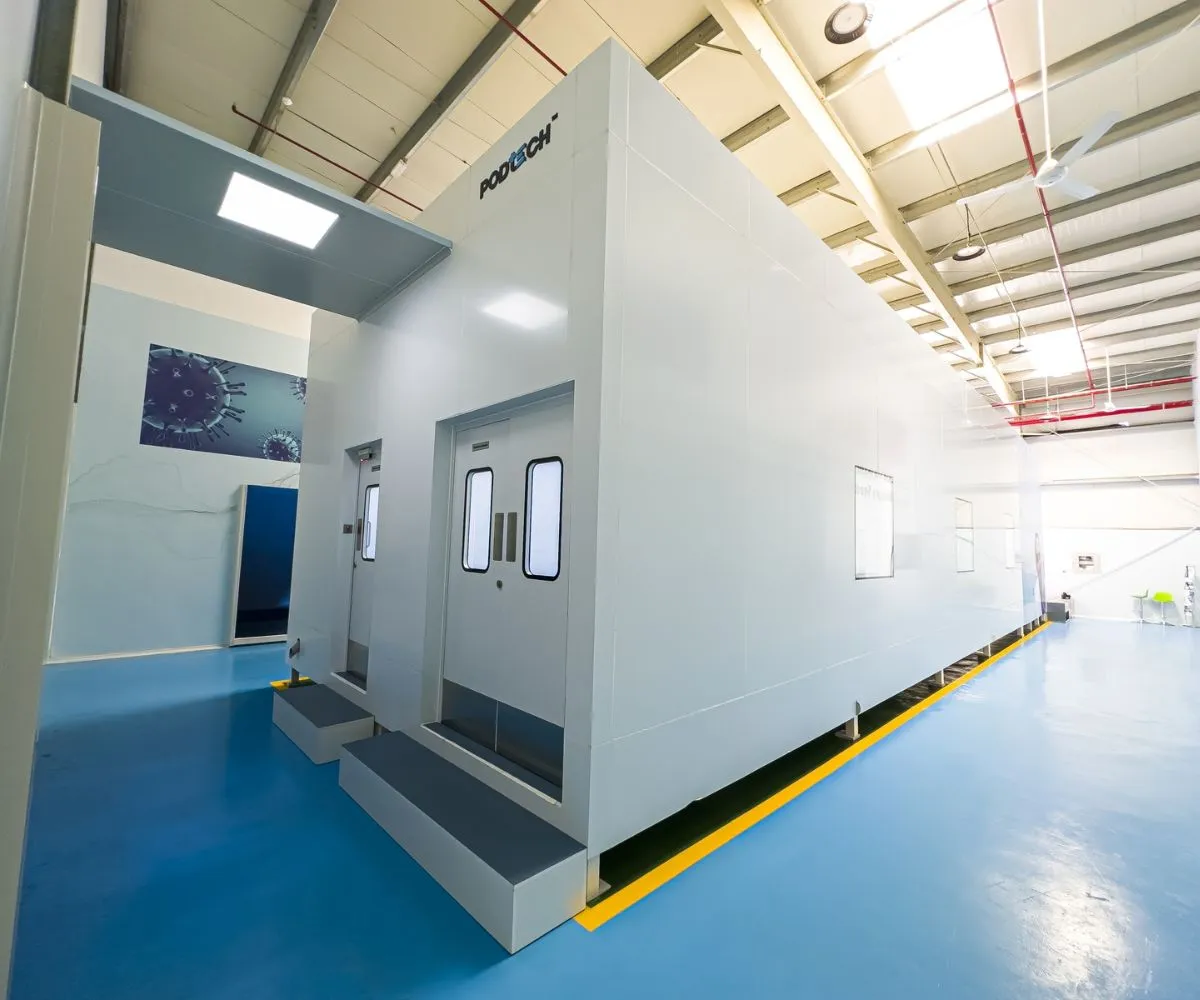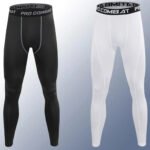Understanding the Concept of a Portable Cleanroom
A portable cleanroom is a modular, transportable structure designed to provide a controlled, contamination-free environment for industries requiring high levels of cleanliness. Unlike traditional cleanrooms that are permanently installed, portable cleanrooms offer flexibility and scalability, making them ideal for dynamic operations. They are commonly constructed using lightweight, durable materials such as aluminium frames, polycarbonate panels, or vinyl curtains, and are equipped with HEPA or ULPA filters to ensure air purity.
In the context of Indonesia’s growing industrial landscape, portable cleanrooms are increasingly being adopted across diverse sectors, including pharmaceuticals, electronics, biotechnology, and food processing. These clean environments are crucial for maintaining product integrity, meeting regulatory standards, and ensuring operational efficiency.
Key Benefits of Portable Cleanrooms
1. Cost-Effective Cleanroom Solution
Building a traditional cleanroom requires substantial investment in construction, HVAC systems, and infrastructure modifications. In contrast, portable cleanrooms are a cost-effective alternative that reduces initial capital expenditure. Their modular design allows for easy setup and relocation, eliminating the need for permanent structural changes.
2. Flexibility and Scalability
Portable cleanrooms are modular and customizable, allowing businesses to scale operations based on demand. In Indonesia’s rapidly evolving industrial sectors, this adaptability enables organisations to respond quickly to market changes and scale production efficiently. Units can be reconfigured, expanded, or relocated without significant downtime.
3. Compliance with International Standards
Portable cleanrooms can be designed to comply with ISO 14644-1 cleanroom classifications, ensuring they meet stringent cleanliness and air quality requirements. This is particularly important for export-oriented industries in Indonesia, where adherence to international quality standards is essential.
4. Rapid Deployment and Minimal Disruption
One of the standout features of portable cleanrooms is their quick installation time. Prefabricated units can be delivered and assembled on-site within days, compared to the weeks or months required for traditional cleanroom construction. This benefit is especially valuable for Indonesian companies in remote or underdeveloped regions, where construction resources may be limited.
5. Mobility and Versatility
Thanks to their portable nature, these cleanrooms can be easily transported between different locations, supporting mobile operations or temporary setups for special projects. This makes them an ideal solution for research, field testing, or short-term manufacturing needs in industries like pharmaceuticals and electronics.
Applications of Portable Cleanrooms in Indonesia
Pharmaceutical and Biotech Industries
In Indonesia’s pharmaceutical and biotech sectors, maintaining a sterile environment is critical for the development and manufacturing of drugs, vaccines, and medical devices. Portable cleanrooms provide a cost-effective and GMP-compliant solution for sterile compounding, microbiological testing, and product packaging. They also support Indonesia’s growing vaccine production capabilities, especially in light of recent global health initiatives.
Electronics and Semiconductor Manufacturing
The electronics industry is a key driver of Indonesia’s manufacturing sector. Portable cleanrooms ensure electrostatic discharge (ESD) control and particulate-free environments essential for semiconductor fabrication, PCB assembly, and microelectronics testing. With increasing demand for smart devices and automotive electronics, cleanroom environments are no longer optional—they are imperative.
Food and Beverage Processing
Indonesia’s food and beverage industry is subject to strict hygiene and safety regulations, particularly for products destined for export. Portable cleanrooms help maintain a controlled atmosphere free of contaminants, ensuring that food products meet both domestic and international safety standards. They are often used in packaging zones, bottling lines, and high-risk processing areas.
Research and Development Laboratories
Indonesia’s investment in R&D facilities across educational and private institutions has surged in recent years. Portable cleanrooms offer these institutions a quick, affordable way to create sterile research environments, especially for biological, chemical, and nanotechnology studies. These cleanrooms can be relocated or resized based on project requirements, optimising resource allocation.
Cosmetics and Personal Care Products
The rising demand for halal-certified and high-quality cosmetics in Indonesia has led to the growth of the personal care manufacturing sector. Portable cleanrooms are used to ensure hygiene during the formulation, filling, and packaging of products, reducing the risk of contamination and supporting product shelf-life and consumer safety.
Types of Portable Cleanrooms Available in Indonesia
Softwall Cleanrooms
Softwall cleanrooms feature PVC or vinyl curtains that provide a flexible barrier against contaminants. These units are ideal for temporary setups or clean zones within larger production areas and are suitable for ISO Class 7–8 cleanroom classifications.
Hardwall Cleanrooms
Constructed using rigid panels and offering better environmental control, hardwall cleanrooms are designed for more demanding applications that require higher cleanliness levels (ISO Class 5–6). They are preferred in the biotech and electronics industries.
RDT (Ready-to-Deploy) Cleanroom Pods
These fully assembled, cleanroom units can be delivered and made operational in hours. Equipped with integrated HVAC systems, lighting, and filtration units, they are ideal for field research or urgent pharmaceutical projects.
Cleanroom Components and Technologies
To maintain optimal performance, portable cleanrooms are equipped with advanced technologies and components, including:
- HEPA/ULPA filters for particulate removal
- Laminar airflow systems to maintain directional air patterns
- Antistatic flooring for ESD-sensitive environments
- Temperature and humidity control units
- Monitoring systems for real-time air quality data
These features ensure consistent performance, meeting both local (BPOM) and international (FDA, ISO) regulatory standards.
Sourcing Portable Cleanrooms in Indonesia
Indonesia is home to several local and international suppliers offering custom-built portable cleanrooms. Businesses should look for providers that offer:
- Custom engineering and design consultation
- Compliance documentation and validation services
- After-sales maintenance and filter replacement
- Local support for faster response and reduced downtime
Collaborating with an experienced supplier ensures that the cleanroom meets specific industry requirements and can be integrated into existing workflows with minimal disruption.
Read also: UK’s Trusted Wholesale Plus Size Clothing Hub
The Future of Portable Cleanrooms in Indonesia
As Indonesia continues to strengthen its position as a regional manufacturing and research hub, the demand for portable cleanrooms will grow in parallel. Their ability to support innovation, maintain product quality, and meet regulatory compliance makes them a critical asset for forward-thinking organisations. Whether it’s expanding production lines, launching new products, or conducting high-level research, portable cleanrooms deliver unmatched value and operational agility.
Related Reads
- Custom Fitness App Development: Build the Fitness App Your Users Actually Want
- What Treatments Does California Vein Treatment Center Offer?
- Best Chiropractor for Shoulder Pain in Etobicoke
- Why Experiential Elements Are the Heart of Creative Events
- Pepe Studio || Pepe Studio Jogging || Upto 30% Off
- Flow Wrapping Machine – Advanced Packaging Solutions by Shreem Engineers



